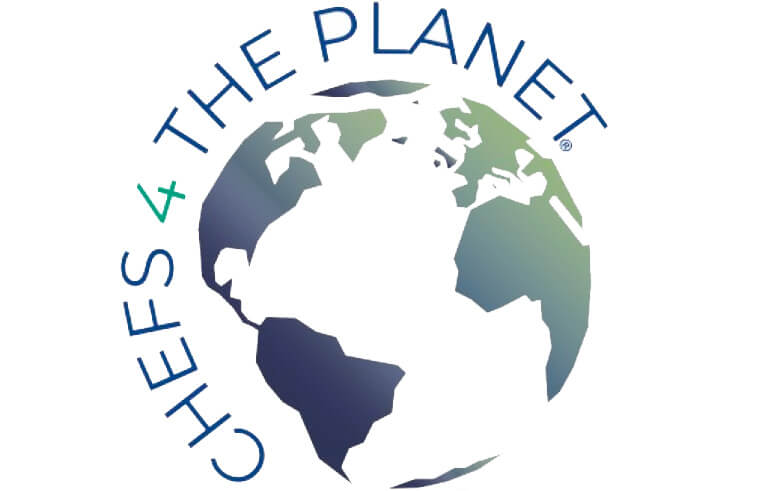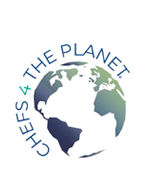The shock to U.S. food chains from the coronavirus has been a boon to small- and mid-sized farms and distributors. Could it be the start of a new way to get food?
OMAR FLORES HOLDS up what appears to be a fluorescent green baseball sprouting a forest of leafy trees. Then he pulls a knife from the braided sheath at his belt and expertly cuts the vegetable into flat rounds.
The newest customer to visit G. Flores Produce on the sandy eastern Virginia peninsula known as the Northern Neck, Tom McDougall, chews the raw, crunchy kohlrabi with an expression of reverence. The plant, an exotic-looking German cousin of the cauliflower and cabbage, would fetch a good price in the cities of Washington, D.C., and Northern Virginia.
“Here’s this thing that looks like an alien—and it turns out to grow particularly well in the mid-Atlantic?” McDougall says.
It’s also a bright green representative of the vast array of easily-grown, nutritious cultivars left out by an American food system built around just a few species—a symbol of the food system that was and might be again.
McDougall is at G. Flores to buy several thousand dollars of kohlrabi, kale, and golden beets for 4P Foods, a company he founded in 2014. 4P sells produce from operations like G. Flores to chefs, groceries, and consumers who want to buy food grown in the mid-Atlantic region but don’t have the time, contacts, or resources to find it themselves.
COVID-19 spread chaos across U.S. agricultural supply chains in the spring and is widely expected to do so again this year as the number of cases and deaths continues to rise. As that first wave of disruptions happened, 4P rapidly scaled up its direct-to-consumer business, even as the schools and restaurants that once made up half of its revenues shuttered. Since the pandemic began, 4P’s subscription revenues year-over-year have jumped 1,100 percent, with general revenues up 500 percent. They now employ six times more people than before the pandemic.
But McDougall, like many in an emerging coalition of Mid-Atlantic farmers and wholesalers, is dreaming even bigger. COVID-19, he believes, could enable something he and fellow “food nerds” have long dreamed of: a thriving regional alliance of farmers, wholesalers, and customers.
If they succeed, McDougall argues, operations like 4P won’t be the only beneficiaries. “Wouldn’t it be amazing if we came out of the other end of [COVID-19] with a more equitable, distributed, and resilient food system?”
Read the rest here: https://www.nationalgeographic.com/science/2020/07/pandemic-could-strengthen-us-food-system/


